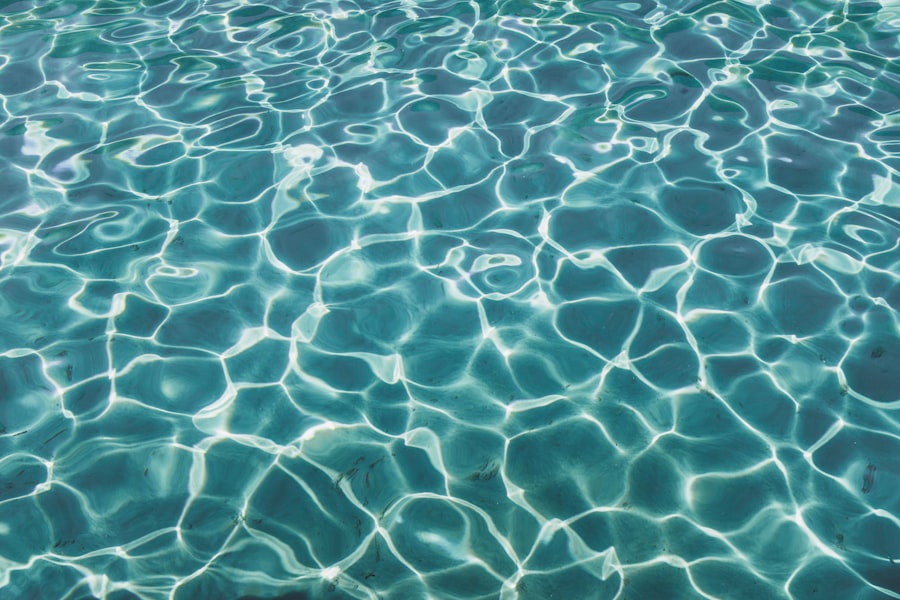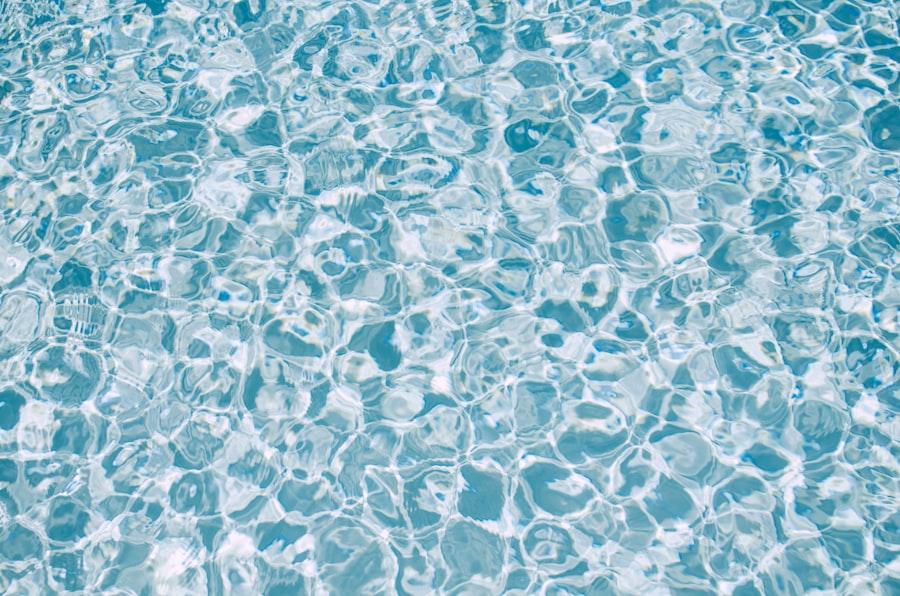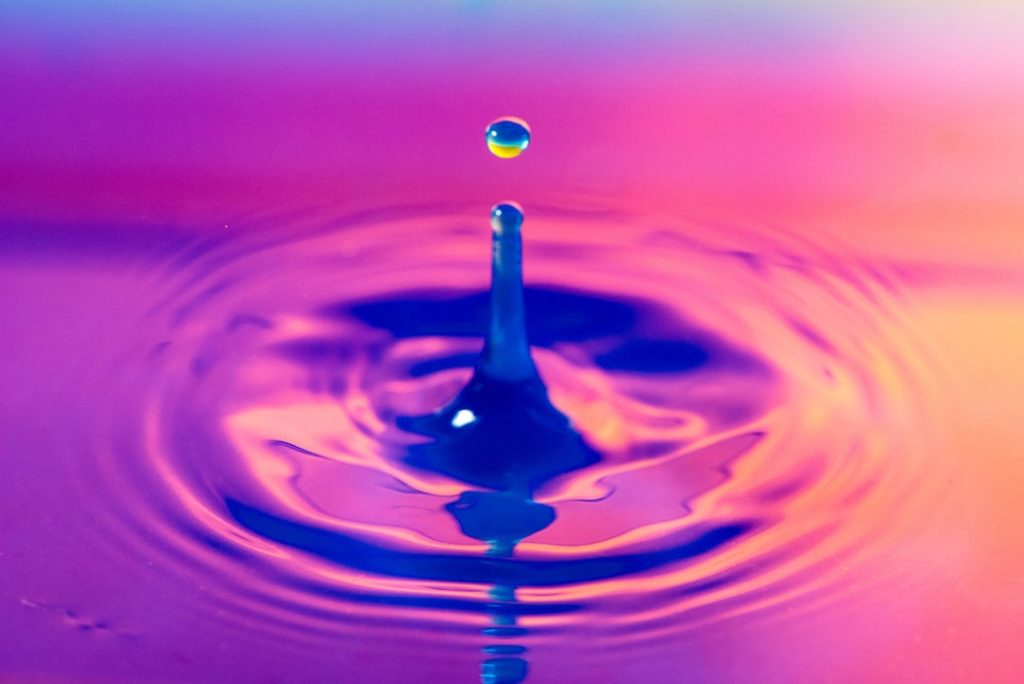Maintaining a consistent water supply for chickens during winter is crucial for their health and well-being. When temperatures drop below freezing, water sources can become inaccessible, potentially leading to dehydration in the flock. Dehydration can cause various health issues in chickens, including reduced egg production, poor feather quality, and increased susceptibility to respiratory infections.
In severe cases, lack of water can be fatal. Chicken owners must be aware of the risks associated with frozen water and take preventive measures to ensure their birds have constant access to liquid water. Understanding the potential consequences of frozen water sources allows poultry keepers to implement appropriate strategies to keep their flock hydrated and healthy throughout the colder months.
Proactive measures to prevent water freezing may include using heated waterers, frequently replacing water, or insulating water containers. By prioritizing water management during winter, chicken owners can significantly reduce the risk of health problems and maintain the overall welfare of their flock.
Table of Contents
- 1 Implementing Insulation and Heating Methods
- 2 Using Heated Waterers
- 3 Utilizing Alternative Water Sources
- 4 Adjusting Feeding and Drinking Schedules
- 5 Monitoring and Maintaining Water Temperature
- 6 Being Prepared for Extreme Weather Events
- 7 FAQs
- 7.1 What are the risks of water freezing for chickens?
- 7.2 How can I prevent water from freezing for my chickens?
- 7.3 What are heated waterers and how do they work?
- 7.4 How can I insulate water containers to prevent freezing?
- 7.5 What are heated bases and how do they help prevent water from freezing?
- 7.6 Are there any natural methods to prevent water from freezing for chickens?
Key Takeaways
- Frozen water can pose serious risks to chickens, including dehydration and decreased egg production.
- Insulation and heating methods, such as adding extra bedding and using heat lamps, can help prevent water from freezing.
- Heated waterers are a convenient and effective way to ensure chickens have access to unfrozen water during cold weather.
- Utilizing alternative water sources, such as warm water or electrolyte solutions, can help keep chickens hydrated in freezing conditions.
- Adjusting feeding and drinking schedules can help ensure chickens are getting enough water and nutrients during cold weather.
Implementing Insulation and Heating Methods
Insulation Methods
One effective way to prevent water from freezing is to insulate the water containers and provide supplemental heat. Insulating water containers with foam or rubber insulation can help retain heat and prevent freezing. Additionally, placing water containers in a sheltered area, such as a coop or barn, can provide some protection from the cold.
Heated Waterers
Another option is to use heated waterers, which are specifically designed to keep water from freezing in cold temperatures. These devices typically have built-in thermostats that activate when the temperature drops, ensuring that water remains liquid for the chickens to drink.
Combining Insulation and Heating Methods
By insulating water containers with foam or rubber insulation, chicken owners can help retain heat and prevent freezing. Placing water containers in a sheltered area, such as a coop or barn, can also provide some protection from the cold. Additionally, using heated waterers with built-in thermostats can ensure that water remains liquid for the chickens to drink, even in freezing temperatures.
Ensuring Access to Liquid Water
By implementing these insulation and heating methods, chicken owners can help ensure that their flock has access to liquid water throughout the winter months.
Using Heated Waterers

Heated waterers are a convenient and effective solution for preventing water from freezing in cold temperatures. These devices are specifically designed to keep water at a drinkable temperature for chickens, even in sub-zero conditions. Heated waterers typically have built-in thermostats that activate when the temperature drops, ensuring that water remains liquid.
Some models are also insulated to help retain heat and prevent freezing. Heated waterers come in various sizes and styles, making it easy for chicken owners to find one that suits their flock’s needs. Heated waterers are a convenient and effective solution for preventing water from freezing in cold temperatures.
These devices are specifically designed to keep water at a drinkable temperature for chickens, even in sub-zero conditions. Heated waterers typically have built-in thermostats that activate when the temperature drops, ensuring that water remains liquid. Some models are also insulated to help retain heat and prevent freezing.
Heated waterers come in various sizes and styles, making it easy for chicken owners to find one that suits their flock’s needs.
Utilizing Alternative Water Sources
In addition to using heated waterers, chicken owners can also utilize alternative water sources to ensure their flock stays hydrated during the winter months. One option is to provide warm water multiple times throughout the day to prevent it from freezing. Another alternative is to offer warm, watery foods such as oatmeal or cooked vegetables, which can help supplement the chickens’ hydration needs.
Additionally, some chicken owners choose to install heated pet bowl or bucket heaters in traditional water containers to keep the water from freezing. In addition to using heated waterers, chicken owners can also utilize alternative water sources to ensure their flock stays hydrated during the winter months. Providing warm water multiple times throughout the day can help prevent it from freezing.
Offering warm, watery foods such as oatmeal or cooked vegetables can also help supplement the chickens’ hydration needs. Additionally, installing heated pet bowl or bucket heaters in traditional water containers can keep the water from freezing and provide an alternative source of liquid water for the chickens.
Adjusting Feeding and Drinking Schedules
During the winter months, it’s important for chicken owners to adjust their flock’s feeding and drinking schedules to ensure they have access to liquid water throughout the day. Providing warm water multiple times throughout the day can help prevent it from freezing. Additionally, offering watery foods such as oatmeal or cooked vegetables can help supplement the chickens’ hydration needs.
By adjusting feeding and drinking schedules, chicken owners can help ensure their flock stays hydrated during the winter months. During the winter months, it’s important for chicken owners to adjust their flock’s feeding and drinking schedules to ensure they have access to liquid water throughout the day. Providing warm water multiple times throughout the day can help prevent it from freezing.
Additionally, offering watery foods such as oatmeal or cooked vegetables can help supplement the chickens’ hydration needs. By adjusting feeding and drinking schedules, chicken owners can help ensure their flock stays hydrated during the winter months.
Monitoring and Maintaining Water Temperature

Checking Water Temperature
Using a thermometer to check the temperature of the water can help ensure it remains at a drinkable temperature for the chickens.
Preventing Ice Buildup
Regularly checking for ice buildup and removing any frozen chunks can help prevent the water from freezing completely.
Ensuring Access to Liquid Water
By monitoring and maintaining the temperature of their flock’s water supply, chicken owners can help ensure their chickens have access to liquid water throughout the winter months.
Being Prepared for Extreme Weather Events
In addition to taking proactive measures to prevent frozen water, it’s important for chicken owners to be prepared for extreme weather events that may impact their flock’s access to liquid water. This may include having backup heating methods in place in case of power outages or severe cold snaps. Additionally, having a plan for transporting liquid water from an alternative source in case of emergency can help ensure that chickens stay hydrated during extreme weather events.
In addition to taking proactive measures to prevent frozen water, it’s important for chicken owners to be prepared for extreme weather events that may impact their flock’s access to liquid water. This may include having backup heating methods in place in case of power outages or severe cold snaps. Additionally, having a plan for transporting liquid water from an alternative source in case of emergency can help ensure that chickens stay hydrated during extreme weather events.
In conclusion, ensuring that chickens have access to liquid water during the winter months is crucial for their health and well-being. By understanding the risks associated with frozen water and implementing insulation and heating methods, using heated waterers, utilizing alternative water sources, adjusting feeding and drinking schedules, monitoring and maintaining water temperature, and being prepared for extreme weather events, chicken owners can help ensure that their flock stays hydrated and healthy throughout the winter months. Taking proactive measures and being prepared for potential challenges can make all the difference in keeping chickens happy and thriving during cold weather.
If you’re looking for more information on keeping chickens warm in the winter, check out this article on 10 Tips for Keeping Your Chicken Coop Warm in the Winter. It offers helpful advice on how to prevent water from freezing and keep your chickens comfortable during the colder months.
FAQs
What are the risks of water freezing for chickens?
Freezing water can lead to dehydration in chickens, as they may not be able to access enough water to stay properly hydrated. This can lead to health issues and decreased egg production.
How can I prevent water from freezing for my chickens?
There are several methods to prevent water from freezing for chickens, including using heated waterers, insulating water containers, using heated bases, and using water-warming devices.
What are heated waterers and how do they work?
Heated waterers are specially designed water containers that have a built-in heating element to prevent the water from freezing. They typically plug into an electrical outlet and keep the water at a temperature that prevents freezing.
How can I insulate water containers to prevent freezing?
Insulating water containers can be done by wrapping them in insulation material such as foam or using specially designed insulating jackets. This helps to retain the heat from the water and prevent it from freezing.
What are heated bases and how do they help prevent water from freezing?
Heated bases are platforms that the water containers sit on, and they have a built-in heating element to keep the water from freezing. The heat from the base transfers to the water container, preventing it from freezing.
Are there any natural methods to prevent water from freezing for chickens?
One natural method to prevent water from freezing is to use water-warming devices such as heated rocks or solar-powered water heaters. These devices utilize natural heat sources to keep the water from freezing.
Meet Walter, the feathered-friend fanatic of Florida! Nestled in the sunshine state, Walter struts through life with his feathered companions, clucking his way to happiness. With a coop that’s fancier than a five-star hotel, he’s the Don Juan of the chicken world. When he’s not teaching his hens to do the cha-cha, you’ll find him in a heated debate with his prized rooster, Sir Clucks-a-Lot. Walter’s poultry passion is no yolk; he’s the sunny-side-up guy you never knew you needed in your flock of friends!







